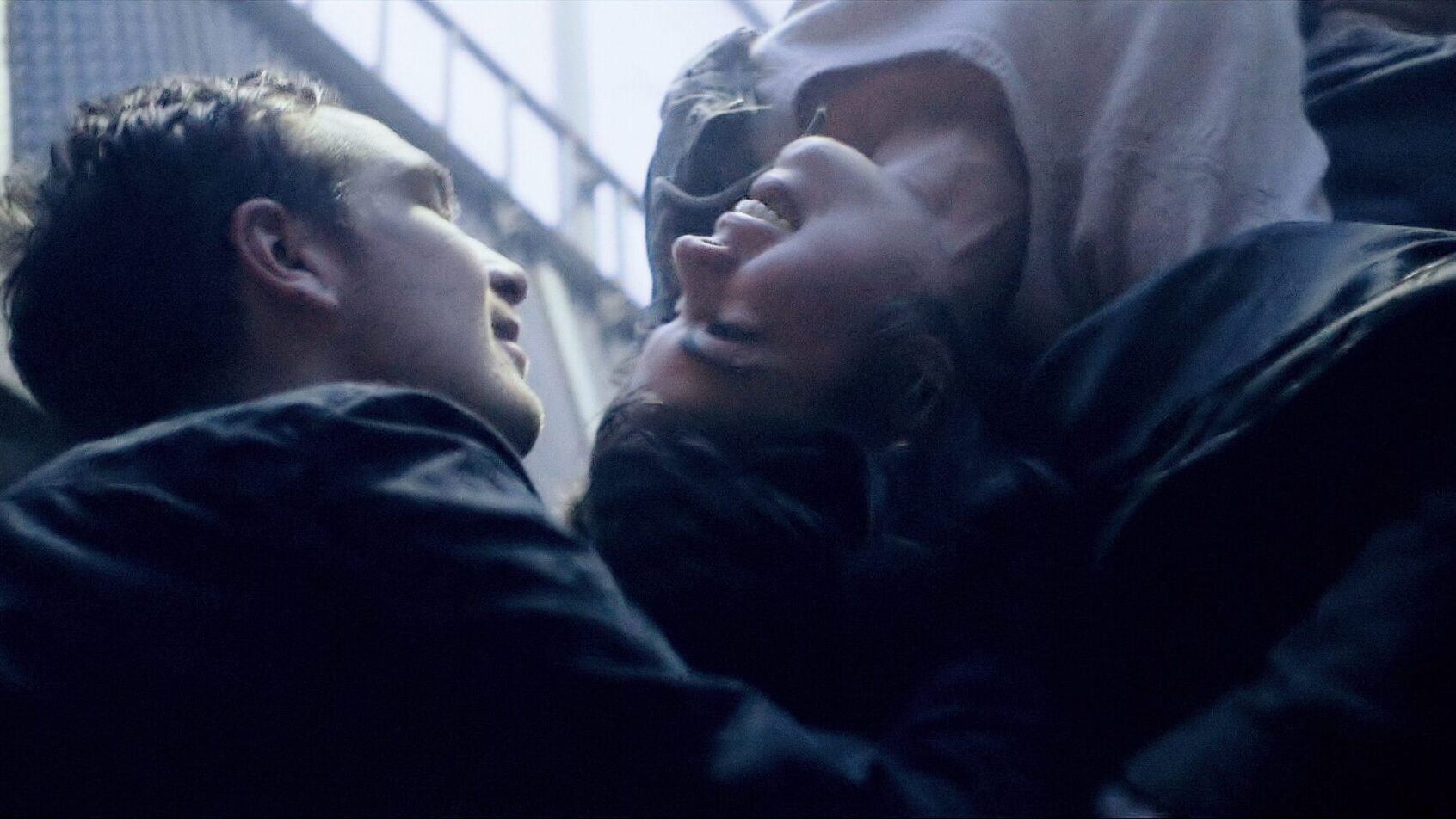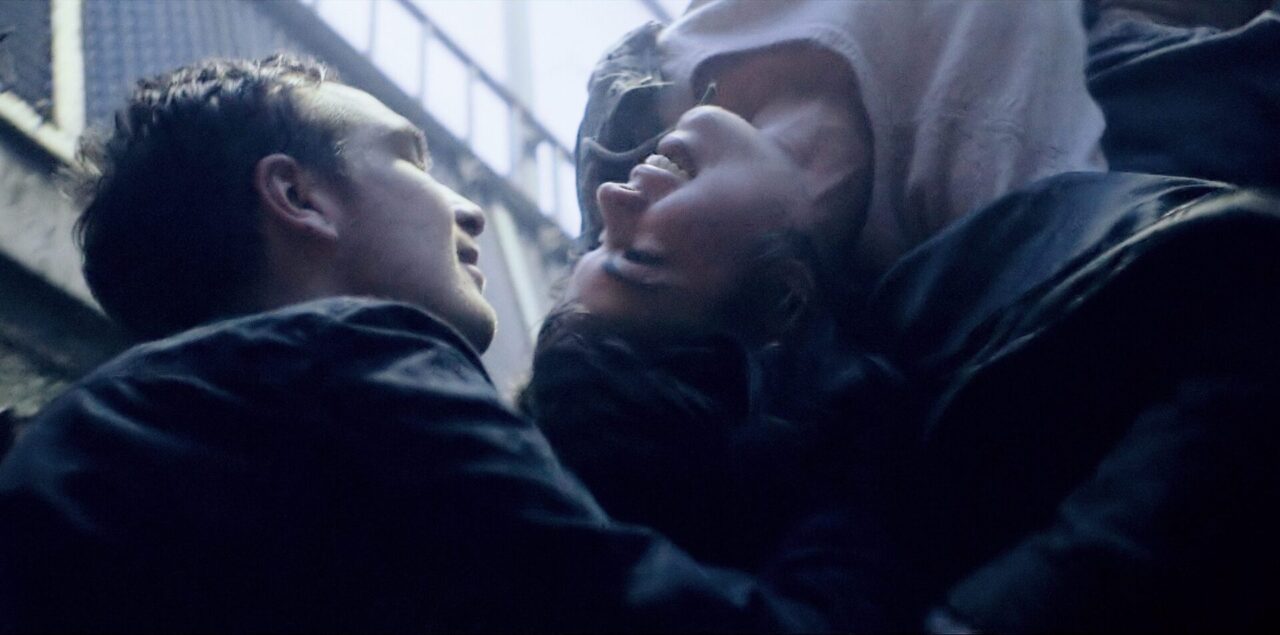This review originally ran on 6/16/15 during the LA Film Fest
Amidst the vast number of movies released each year, when the truly excellent pieces come along, they allow you to check both yourself and all of life’s ponderings at the door, and instead, fully embrace the world within the movie for the next few hours. “Victoria” is such a film that you enter into, and lose yourself to, the characters and the situation at hand.
The first quarter of the film introduces us to the titular lead, Victoria (Laia Costa), a lone party girl at a club who inadvertently finds the company of four similarly aged men. At first, she is reluctant, understandably so given the potential danger of being a single woman with this group, but soon we realize that they are harmless partiers looking for a jovial time and she is able to enjoy their company. For the remainder of the runtime, we see this group go from little better than strangers into situations that will dramatically bring them together, throughout the course of one night, all over the streets of Berlin.
If you’ve read anything else regarding this film, the first thing you’ll notice is also a huge selling point of this movie: the entire 140-minute film is done in a single, uninterrupted take. While the oner is a favorite throughout film history, most pieces that do this (including last year’s Best Picture winner “Birdman”) edit multiple long shots to flow as one. This is not the case with Victoria, and the effect is dazzling. I did know this was going to be the case going in and was wary it might be a gimmick.
What really sells the film as a triumph is how the protagonists are all given range and authenticity that allows us something to root for.
In the end, I deliberately didn’t start my review focused on this because the end result is so much more than this effect. In this case, it surprisingly doesn’t dominate the film: there are fantastic character developments and each major scene swiftly goes to a new location, which helps the viewer to keep track of the unfolding story and not feel ephemeral as many one-take movies do. The camera work is a major element in the film’s success, and undoubtedly elevates the movie to a new level, but enough else is going on in this movie it doesn’t overwhelm the experience.
What really sells the film as a triumph is how the protagonists are all given range and authenticity that allows us something to root for. As the film progresses the pace quickens and situations get tense: it is because of the first half’s development that we are able to feel genuine emotion for each of these characters. There are thrillingly tense sequences, and also moments where I was laughing the way I might with a group of friends.
If you do manage to see the film, you’ll know exactly when these moments happen. Sonne (Frederick Lau), the male lead, shares some intimate and beautiful moments with Victoria and delivers an impeccable performance, but is equally matched by his rowdy pal Boxer (Franz Rogowski), who looks something like a more handsome version of the Mad Max war boys and plays the full range of character. The success in capturing these characters makes the film stand out so much.
Victoria won the cinematography award at the Berlin Film Festival and just played at LAFF. I do not know where its release will be from here, but you can count on me to be championing this triumph for the rest of the year. So rarely does a film sweep you off your feet and play the entire emotional spectrum in the way that Victoria does. I hope that many more audiences can share this fantastic cinematic experience that I’ve just had.
Victoria opens today at the Landmark Nuart, additional theatres on October 16th.
H. Nelson Tracey
Nelson is a film director and editor from Denver based in Los Angeles. In addition to writing for Cinemacy, he has worked on multiple high profile documentaries and curates the YouTube channel "Hint of Film." You can check out more of his work at his website, hnelsontracey.com


